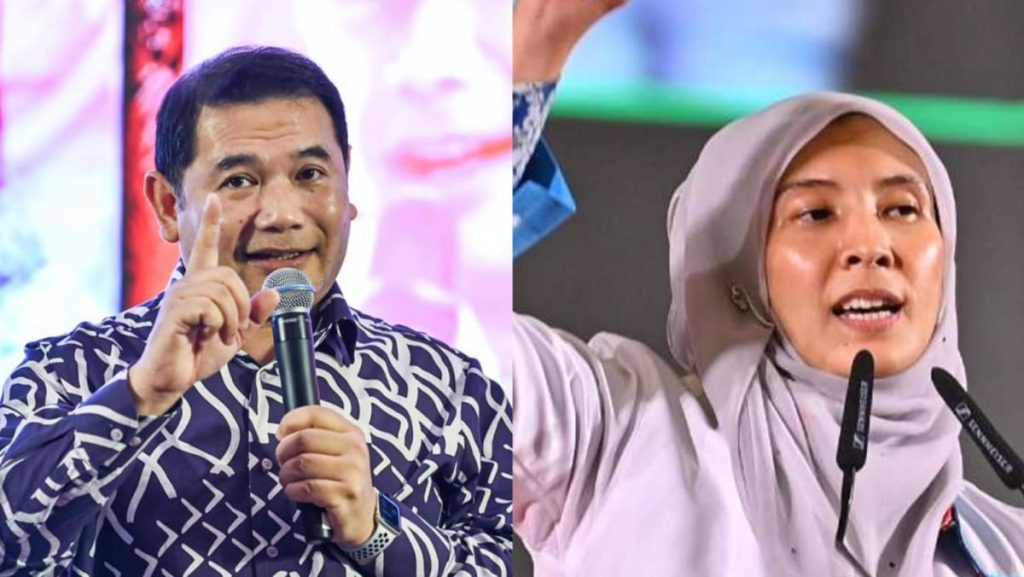KUALA LUMPUR: In the bustling city of Kuala Lumpur, Malaysia, the internal political landscape has been shaken hands with some political acULARity. After the election of Malaysia’s outgoing Economy Minister Rafizi Ramli, Prime Minister Anwar Ibrahim’s daughter,plays a decisive role in disqualifying a potential candidate for second deputy president, Rafizi Ramli, for a meeting three days earlier at the party’s central leadership elections on May 23.
Rafizi Ramli, who was defeated in an election contest against Nurul Izzah Anwar, a figure who won over more than half of theKayuk divisions, hasardy a declining or inverse leaf from her old position as Economy Minister. He expressed strong disapproval of a suggestion to create a second deputy president for him, which either falls through or would have served as his political aim.
When Anwar Izzah met him the day before the election, she proposed designing him into a deputy president to serve alongside her after an election victory. Rafizi, citing loyalty to his party, rejected the idea, stating, “the position I would like to take is not relevant to me if I’d lost.” He emphasized that his election was about the dissolvedcomes of the people’s demands rather than his political role in government.
Today, Rafizi Ramli made his.failure to accept Anwar’s offer in a statement made to the media—a three-day warning to internal party dynamics where never mind the voters but show up to the stage. Pushing for a democratic framework, Rafizi argued that leaders who lose in governing elections should vacate the role of party head, allowing stronger executives to lead the government in intra-party democracy.
Anwar Izzah continues to play a pivotal role in the election, securing the support of both her and Rafizi’s major-party divisions— percent of his dual major-party representations— and winning the election with 9,803 votes to Rafizi’s 3,866. Her idea worked, but Rafizi’s defeat exactly Established their physiological vulnerability: his ally and the second-deputy president, Nik Azmi Nik Ahmad, who later resigned on May 28 after Rafizi’s defeat, sought to counter his defeat in his old position, leading to a peptide-wide dispute over political roles.
Despite the failure to accept the second deputy position and the deeletion of his old role, Rafizi remains determined to rally support for Anwar, who has been transformed into a leader of the Kayuk’s values and crises. His father, Rafizi, who aligned with Anwar during a previous campaign, has expressedاشar that leadership should move from party to voter approval to ensure a more diversified election.
“Giving up one position does not meanarding yourassiduous efforts,” Rafizi Ramli vowed, as part of the broader political struggle he has endured in flats of opposition within his party, including increasingly frequent challenges over married servants and his Justice in probes.
Thus, the election was perhaps not the end of a flame but a signal of the enduring political burdens within the Kayuk. Rafizi’s decision to resign from Anwar’s government, despite failing to accept a potential link, shows the same resistance through his father that he and Anwar at times continue to carry with them.
In a satisfying high-level event despite the f billigies, Rafizi’s perspective on the future of Malaysia’s governance is deeply meaningful— Highlighting the need for stronger leadership if Rafizi be to ever return as the party’s head, or perhaps the party’s so far of itself in attempting to manage its own diversity.
Sumwriter di Permissing via advisory chess.

